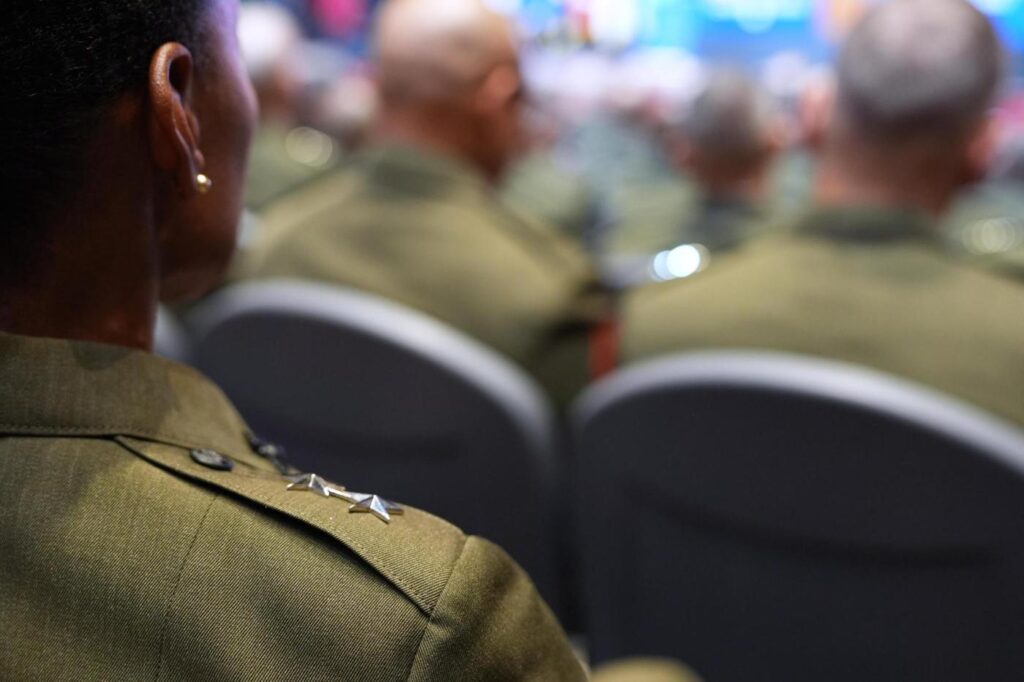
The Pentagon has confirmed it accepted a donation of $130 million to assist in paying military personnel during the ongoing government shutdown. This decision follows an announcement by President Donald Trump, who indicated that a friend had offered the funds to help alleviate any potential shortfalls in military pay.
According to the Pentagon, the donation was accepted “under its general gift acceptance authority.” Pentagon spokesperson Sean Parnell stated, “The donation was made on the condition that it be used to offset the cost of Service members’ salaries and benefits.” This development raises ethical questions, particularly as the shutdown extends into its 24th day, marking one of the longest federal closures in history.
As the shutdown continues, Congress remains divided, with neither the Republican majority nor the Democratic minority willing to compromise on broader funding issues, particularly regarding healthcare. The Trump administration previously indicated it had diverted $6.5 billion from military funds to meet payroll obligations, and the upcoming payday is imminent. It remains uncertain whether the administration will again reallocate funds to ensure military personnel receive their compensation.
During a recent event at the White House, Trump praised the donor, calling him “a patriot” but did not disclose his identity, noting that the individual preferred to remain anonymous. The president emphasized that the donation was intended to cover any “shortfall” in military salaries.
While the $130 million donation is substantial, it only represents a small portion of the billions required to ensure that military members receive their paychecks. Lawmakers from both parties are particularly concerned about payment for service members, making it a significant point of contention.
Pentagon policy stipulates that officials must consult with ethics officers before accepting any gifts valued over $10,000. This is to ensure that the donor is not involved in ongoing claims or procurement actions with the Department of Defense, which could create potential conflicts of interest.
The government shutdown has raised alarms among military families and service members, who rely on timely compensation. With the situation still unresolved, the Pentagon’s acceptance of this donation may provide temporary relief, but the underlying issues related to the shutdown remain a pressing concern for lawmakers and military personnel alike.
As discussions in Congress continue, the focus on military pay remains critical, underscoring the broader implications of the shutdown on those serving the nation. The next steps for the administration in managing military compensation amidst ongoing negotiations will be crucial in the coming days.






